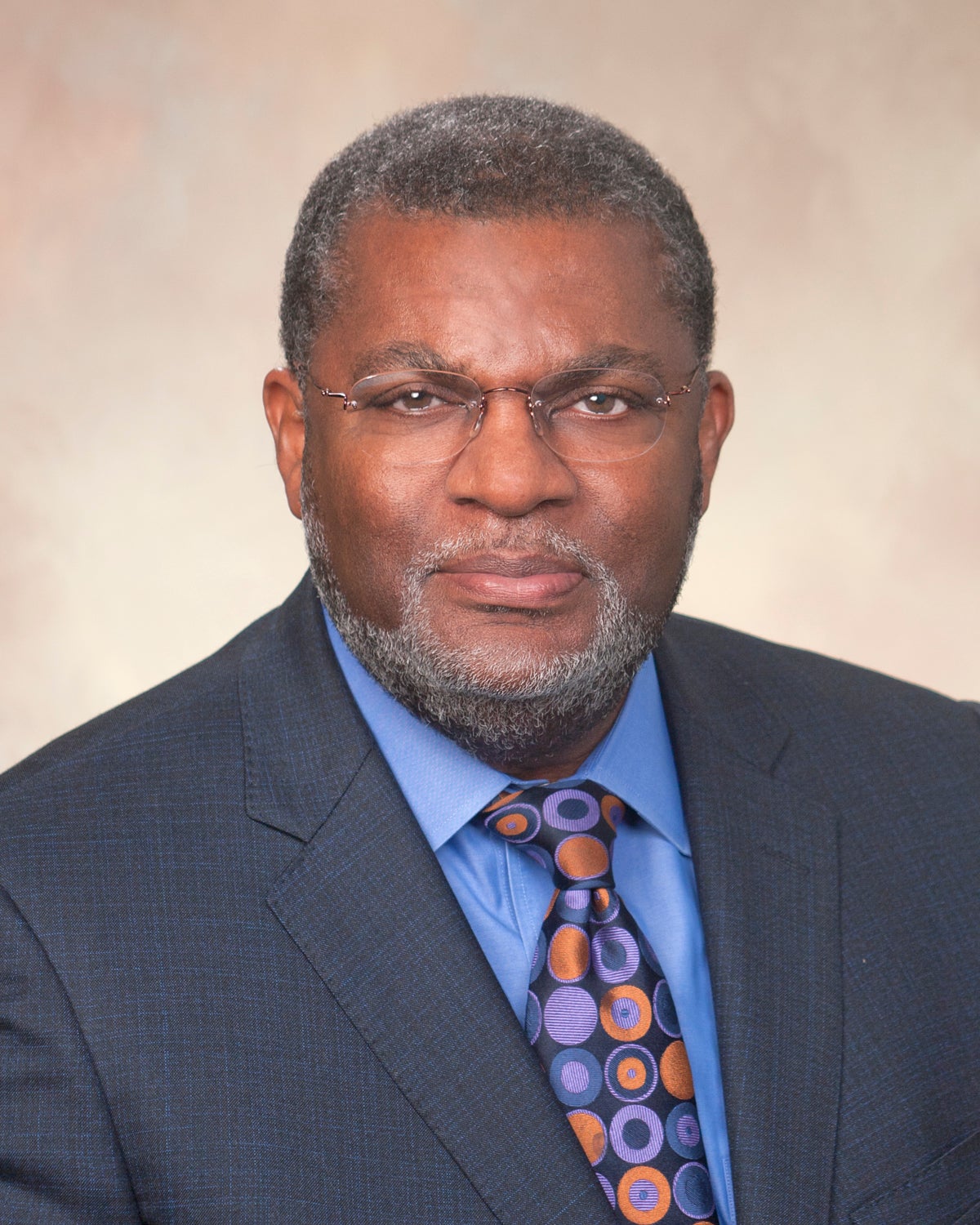Bill Bynum began his professional career in North Carolina by helping to establish Self-Help, a pioneer in the development finance industry, and later built nationally recognized programs at the NC Rural Economic Development Center. In 1994, he moved to Mississippi to become founding CEO of Enterprise Corporation of the Delta, and in 1995 organized Hope Community Credit Union.
Today, Bill leads the family of HOPE organizations (Hope Enterprise Corporation, Hope Credit Union and Hope Policy Institute) which provides financial services; leverages private and public resources; engages in advocacy; and otherwise acts as a catalyst to fulfill its mission of strengthening communities, building assets, and improving lives throughout the Deep South, and mitigate the extent to which factors such as race, gender, birthplace and wealth limit one’s ability to prosper. Since 1994, HOPE has generated over $3.6 billion in financing that has benefitted more than two million people throughout Alabama, Arkansas, Louisiana, Mississippi and Tennessee, while shaping policies and practices that have improved conditions in opportunity-starved communities nationwide.
Bynum serves on the boards of the Aspen Institute, NAACP Legal & Education Defense Fund, Prosperity Now, Black Vision Fund, Mississippi Today, Churchill Capital IV and V, and as an advisor to Bank of America, Goldman Sachs, Wells Fargo and E Pluribus Unum. A recipient of the Heinz Award, McNulty Prize and University of North Carolina Distinguished Alumnus Award, he previously chaired the Consumer Financial Protection Bureau Consumer Advisory Board, Treasury Department Community Development Advisory Board, served as a member of the Biden-Harris Presidential Transition Team, and the U.S. Partnership on Mobility from Poverty. Bynum is a Towsley Policymaker in Residence at the University of Michigan Gerald Ford School of Public Policy, and alumnus of the Henry Crown Fellowship, Emerson Collective Dial Fellowship and Salzburg Global Fellowship.


